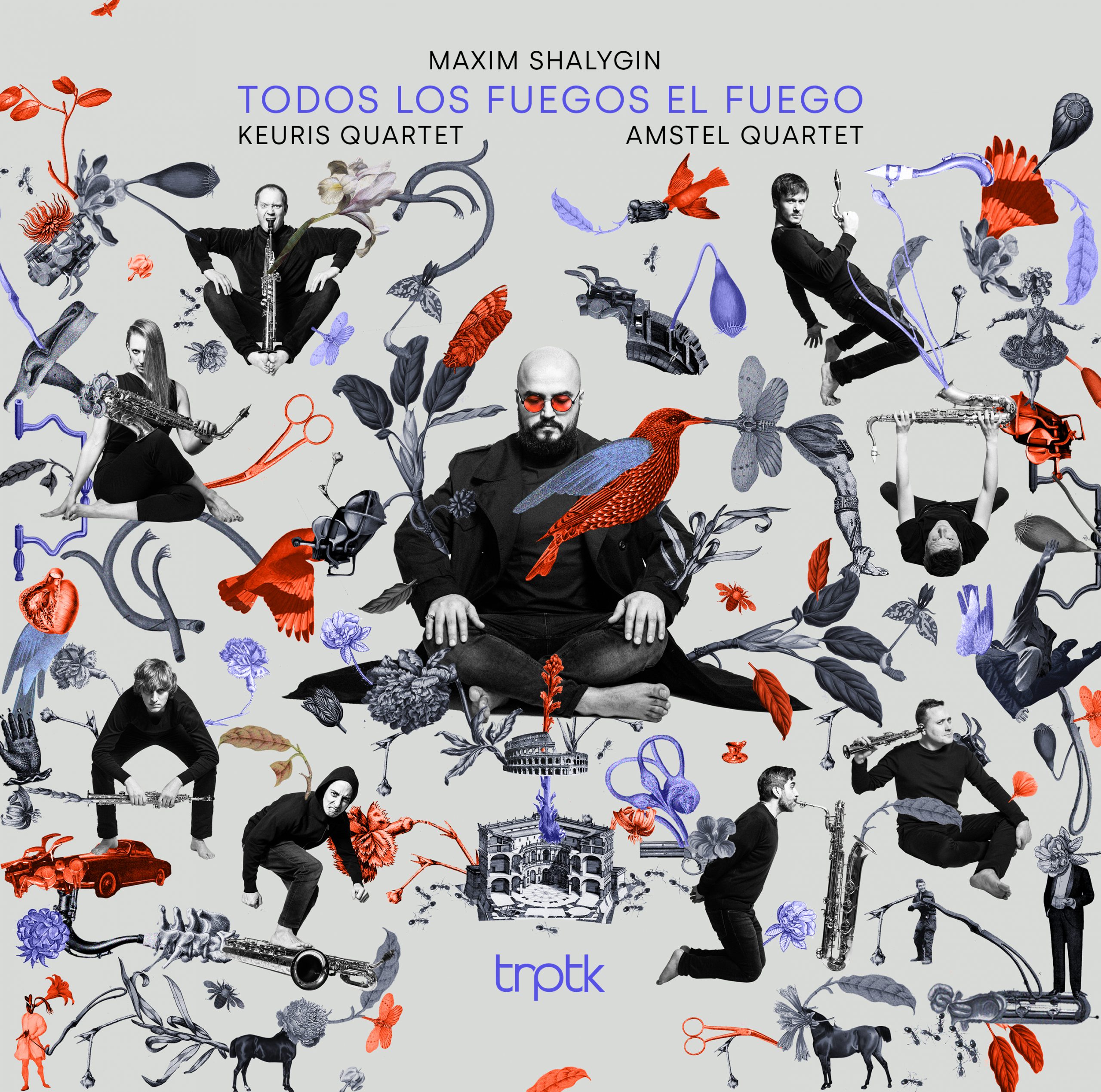The second chapter of the life-long Similar cycle constitutes a mysterious and exciting link between music and literature.
About the album
“Writing music for specific orchestras that consists of various instruments, as became the default during the 20th century, has lost its appeal to me over the last couple of years. My musical language is more suited to ensembles that have an unconventional configuration, for example in Marian Antiphons for 12 voices a cappella, Insane Dances for saxophone quartet, Six Bagatelles for Two Violins, and Suite — Homage to Alfred Schnittke for three cellos. This is why I have begun to work on a cycle, Similar, that will keep me occupied for years to come, starting from its first chapter Lacrimosa or 13 Magic Songs for seven violins.
Back in 2006, when writing Trio for violin, cello and piano, I named the draft after The Devil’s Drool, a collection of short stories by the great Julio Cortázar. Now, eleven years later, the trio is still in its draft stage, but my affinity with Cortázar’s art has only become stronger, and I felt a great need and urge to enter into a creative dialogue with this author. Therefore, the second chapter of the life-long Similar cycle constitutes a mysterious and exciting link between music and literature.
My inspiration was Todos Los Fuegos El Fuego, arguably the most enigmatic book by the great Cortázar. All the short stories in this collection share an exit into a parallel, magic reality, sometimes near to our own, sometimes strikingly different from it. Their forms provoke peculiar musical dramaturgic solutions, whereby an abundance of pseudo-musical forms enables for the creation of a unique atmosphere, using an expanded variety of performance techniques.
The suite’s overall structure consists of eight parts, performed by eight saxophone players — as many as there are stories in the book (and syllables in its title, which, incidentally, sounds like a saxophone phrase by itself). The saxophone is chosen for a reason, since, for all his knowledge and passion for music, jazz claimed most of Cortázar’s attention. Jazz, and accordingly the sound of the saxophone, was his muse and a constant presence in many of his most well-known fiction. Moreover, the saxophone is involved in many mystical moments in music, literature, and, last but not least, cinema — another fascination I share with the author.”
– Maxim Shalygin
Tracklist click to play/pause
-
Maxim Shalygin
Todos Los Fuegos El Fuego
-
I. I.C.E. (Internal Combustion Engine)
10:4310:43
-
II. Death of a Mosasaurus
13:3313:33
-
III. Spring, Breaking
8:138:13
-
IV. Ashes in Birth
8:168:16
-
V. Raising Waves
11:3111:31
-
VI. Crabcade (Waterfall in Cancrizans)
13:2713:27
-
VII. Stairway to Decay
7:057:05
-
VIII. Endless Mordent
14:4214:42
-
More information
| Label | TRPTK |
|---|---|
| Genre(s) | Classical – Contemporary (> 1920) |
| Artist(s) | Amstel Quartet Keuris Quartet Maxim Shalygin |
| Composer(s) | Shalygin, Maxim |
| Recording location(s) | Muziekhuis, Utrecht (NL) |
| Recording date(s) | September 2019 |
| Cat. No. | TTK 0050 |
|---|---|
| Release date |
November 10th, 2019 |
| Additional links |
"Both ensembles are entirely top-notch and deeply synchronised with the impressive music in this superbly produced recording."
Dominy Clements, MusicWeb International
"Devastating. Breathtaking. […] The music was intense, shifting from understated beauty, dry rattling rhythms, and harsh, brutal sounds."
René van Peer, Brabants Dagblad
"[…] everything is audible on this CD. For an hour and a half, [Shalygin] envelopes you in music that burns with extraordinary intensity and beauty."
René van Peer, Gonzo Circus
"Endlessly rising clusters, pulsing tone tapestries in a minimalistic cut, poetic-melodic intermezzi, and a quasi-orthodox hymn running aground in a quarter-tone yowl. Assisted by the phenomenally playing Keuris and Amstel Quartets, [Maxim Shalygin] moulded it all into a perfectly logical, resolute discourse: There’s no other way than this."
Joep Christenhusz, NRC (The Best Classical Music of 2019)
"In Shalygin’s ‘Todos’ he presented himself with the challenge of ‘answering’ or reacting to Cortázar’s poetry by exclusively musical means. I believe that he has fully succeeded in this and that the fantastic Keuris and Amstel Quartet, and last but not least recording engineer Brendon Heinst, have also gone along with it to the full."
Aart van der Wal, Opus Klassiek
Related products
-
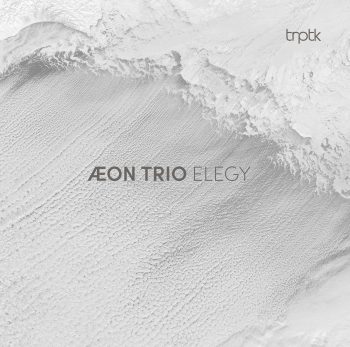
Elegy
Aeon Trio
Hi-res Download
€ 17,00 | TTK0010 -
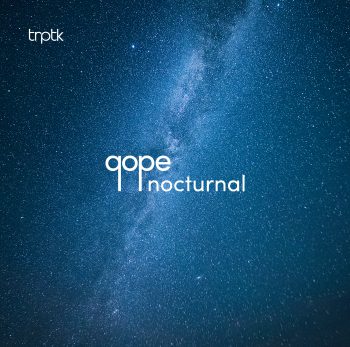
Nocturnal
QOPE
Hi-res Download
€ 17,00 | TTK0024 -
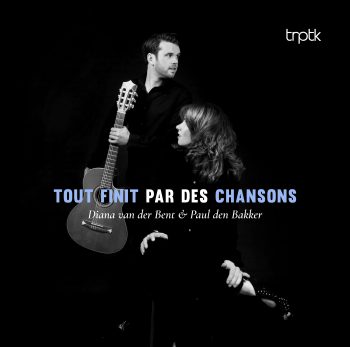
Tout Finit par des Chansons
Diana van der Bent
Paul den BakkerHi-res Download
€ 17,00 | TTK0026 -
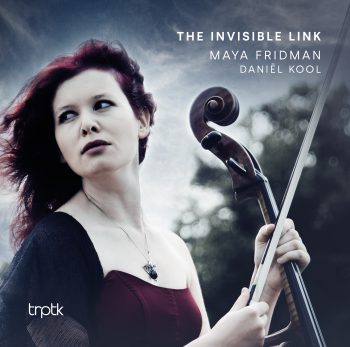
The Invisible Link
Maya Fridman
Daniël KoolHi-res Download
€ 17,00 | TTK0001 -

The Zoo
Merel Vercammen
Hi-res Download
€ 21,00 | TTK0042 -
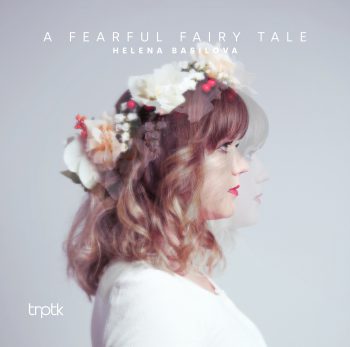
A Fearful Fairy Tale
Helena Basilova
Hi-res Download
€ 17,00 | TTK0041


